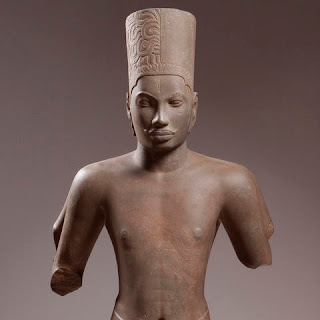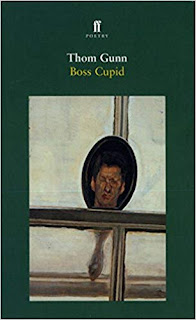Playtime. Andrew McMillan

The Canadian literary critic, Terry Goldie, once posed a provocative question by way of a statement: does the homosexual, when not having sex, have an identity? If homosexual is an identity based on sexual activity, what exactly is the homosexual outside the sexual act? This tongue-in-cheek approach suggests a problem for the gay poet: there is a compulsion to write about gay sex so that identity is remembered and demonstrated. This approach underlies McMillan's book second book of poetry. Rather than move on from his triumphant Physical , Playtime moves backwards into adolescence and the birth of sexual activity. Out of forty poems, nearly half are about sexual play. Of course, this fits one interpretation of playtime, and enlarges on the whimsical cover. The trades description act is not broken. At the same time, it reduces to the volume to a banal level: I am gay and this is what I do. Playtime has received wonderful reviews, mainly from female critics, and they h






